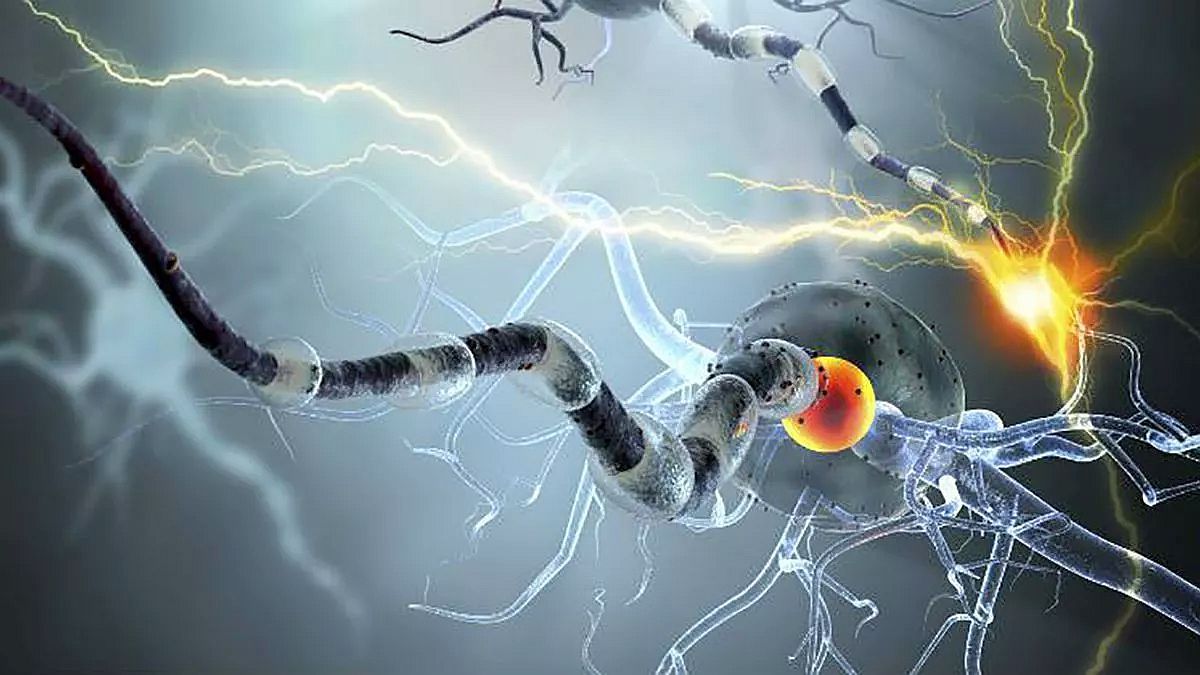The oxytocin It is known as the “love hormone” and could help treat social anxiety. This substance was the subject of multiple studies for its role in human interactions and experts warn about the importance of understanding brain mechanisms based on knowledge about certain stimuli, which could also contribute to pointing out mental health.
The teacher Inga Neumanndirector of Department of Molecular and Behavioral Neurobiology at the University of Regensburg (Germany)shared, in an interview published in Genomic Press, the most recent findings on how this hormone influences the emotional responses and social behavior of the brain.
What it would be like to treat social anxiety with oxytocin
“I am convinced that increasing our knowledge about the stimuli, dynamics and consequences of its intracerebral release at the behavioral, physiological, cellular and molecular levels will improve our understanding of general brain mechanisms,” said the specialist.
According to the magazine Brain Medicinethis work has important implications both for the treatment of social anxiety disorders and for expanding knowledge about stress resilience. Neumann commented: “We began to focus on the potential role of oxytocin and AVP (arginine vasopressin) of the brain as therapeutic targets for psychiatric illnesses such as depression and anxiety disorders or autism”.
The professor and her research team have developed innovative methods to study social anxiety, including a mouse model of social fear conditioning. This work opens new avenues for understanding how chronic stress and early childhood experiences influence patterns of social behavior.
loneliness
Social anxiety translates into the fear of being judged, negatively evaluated or rejected.
Unsplash
Social anxiety affects quality of life of those who suffer from it since it is defined by an intense fear of negative evaluation. Thus, it limits participation in daily social and professional activities. According to the Anxiety and Depression Association of America“the defining characteristic of social anxiety disorder, also called social phobia, is intense anxiety or fear of being judged, negatively evaluated or rejected in a social or performance situation”.
Thus, those who suffer from this disorder can “worrying about acting or appearing visibly anxious (e.g., blushing, slurring words) or be seen as stupid, clumsy or boring. As a result, they often avoid social or performance situations, and when they cannot avoid them, they experience significant anxiety and distress,” the association continues.
Professor Neumann’s research not only delves into the therapeutic potential of oxytocinbut also opens new avenues to rethink the approach to psychiatric disorderssince it integrates innovative perspectives on the interaction between biological and social factors.
In this sense, the expert highlighted that, although there is still a long way to go to reveal the transport to the brain, the brain objectives, the appropriate dose and duration of treatment, “the hope is that one day it will be possible apply oxytocin reliably” to treat conditions such as autism and schizophrenia.
Furthermore, Professor Neumann’s research raises interesting questions about the future of psychiatric treatment, as pointed out News Medical: optimize the delivery of oxytocin-based therapies to the brain, the role of epigenetic factors in social behavior disorders, among others.
Source: Ambito




